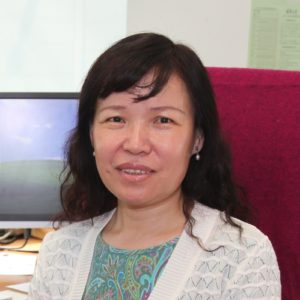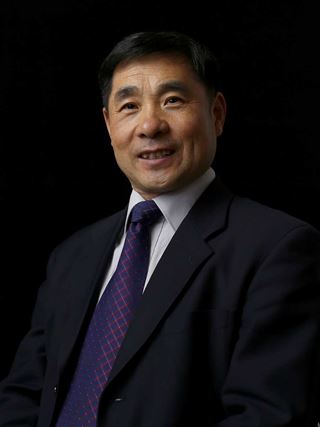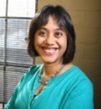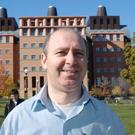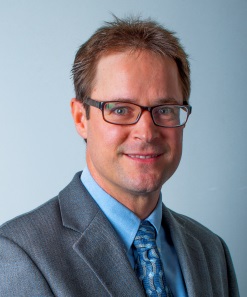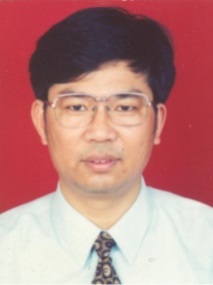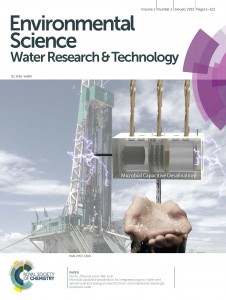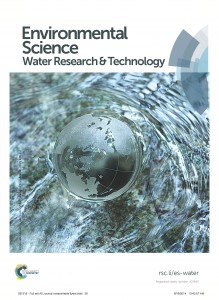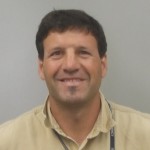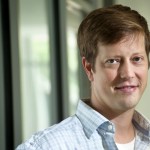We are delighted to welcome the following new members to the Advisory Board of Environmental Science: Water Research & Technology
 |
Irini Angelidaki is a Professor at the Technical University of Denmark, Denmark. Her research field is in the development of biotechnological processes for conversion of organic matter to bioenergy, biofuels and biochemicals. Within this, she focuses on microbiology and processes technology; process optimization; molecular methods for characterization of bacteria; pretreatment of biomass; micro- and macro-algae; microbial electrochemistry; and biorefineries. |
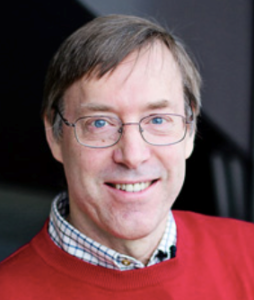 |
Nicholas Ashbolt is Professor and Alberta Innovates Translational Health Chair in Waterborne Diseases in the School of Public Health, University of Alberta. His current research focuses on understanding the ecology of saprozoic pathogens in engineered water systems to develop improved management of these water-based and other enteric pathogens in urban water systems. Through his career he has focused on translating microbiological risks into best management practices and regulatory reform; pioneering developments and uptake of quantitative microbial risk assessment (QMRA) into Australian, Canadian, Scandinavia, United States, and WHO drinking, recreational and reuse water guidelines/regulations. |
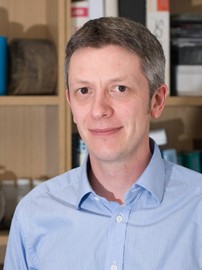 |
Joby Boxall is Professor of Water Infrastructure Engineering at the University of Sheffield, UK. His research interests are concerned with understanding and modelling hydraulic, water quality and infrastructure performance throughout the natural and urban environment. His research interests are multi-disciplinary and have a number of cross cutting themes that include research in full-scale live systems, pilot and laboratory systems, with the application of theoretical, computational and analytical approaches. His current focus is largely on potable water distribution systems. |
 |
Amy Childress is Professor and Director of Environmental Engineering in the Sonny Astani Department of Civil and Environmental Engineering. For the past 20 years, her research and scholarly interests have been in the area of membrane processes for water treatment, wastewater reclamation, and desalination. Her research team currently carries out projects on membrane processes for innovative solutions to contaminant and energy challenges; pressure-driven membrane processes as industry standards for desalination and water reuse; membrane bioreactor technology; and colloidal and interfacial aspects of membrane processes. |
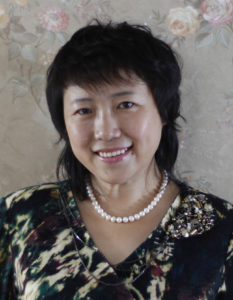 |
Yujie Feng is a Professor of Environmental Engineering at Harbin Institute of Technology, China. Her research interests include bio-energy/resources recovery from waste streams, environmental electrochemistry, microbial electrochemistry systems, environmental risk assessment and removal technology for emergent toxic substances in urban water systems. |
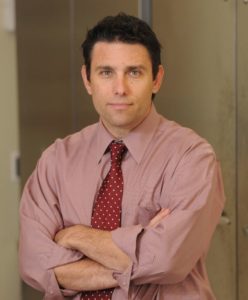 |
Graham Gagnon is a Full Professor in the Department of Civil & Resource Engineering at Dalhousie University, Canada. He is the NSERC/Halifax Water Industrial Research Chair in Water Quality & Treatment – where his research lab studies drinking water quality for improving treatment processes and quality at the tap. His lab studies physical chemical processes, biological treatment processes and corrosion processes in drinking water. |
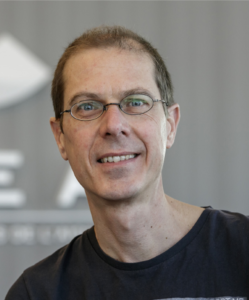 |
Arjen Hoekstra is a Professor at University of Twente, The Netherlands. His scientific publications cover a wide range of topics related to water, food, energy and trade. Hoekstra pioneered in quantifying the water volumes virtually embedded in trade, thus showing the relevance of a global perspective on water use and scarcity. As creator of the water footprint concept, Hoekstra introduced supply-chain thinking in water management. |
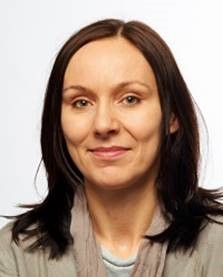 |
Barbara Kasprzyk-Hordern is a Professor in Environmental and Analytical Chemistry in the Department of Chemistry at the University of Bath, UK. Her research is inherently interdisciplinary spanning the four interrelated research areas of environmental, analytical and water sciences, and epidemiology. Her recent interests are related to urban water, pollution and human epidemiology. She is currently researching into the impact of stereochemistry on the fate and effects of micropollutants in aquatic environment and implications for risk assessment and legislation. She is also focussing on new epidemiology approaches for public health assessment via water fingerprinting. |
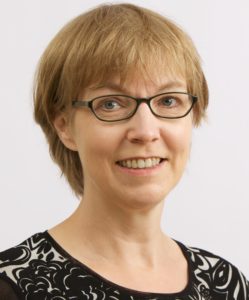 |
Tove Larsen is a researcher and member of the directorate at Eawag, the Swiss Federal Institute of Aquatic Science and Technology. She is an adjunct professor at the Danish Technical University, DTU. She has dedicated her career to understanding how radical technical innovation can shape sustainable urban water management in a resource-scarce future dominated by dramatic urban growth and climate change. She has worked for more than 20 years on the emerging paradigm of source separation and decentralization, framing and leading a number of innovative inter and transdisciplinary projects. |
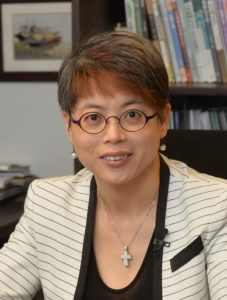 |
Irene Lo is a Chair Professor in the Department of Civil and Environmental Engineering and Director of Environmental Engineering and Management Program at The Hong Kong University of Science and Technology (HKUST). Her main research areas include magnetic nano-particles and nano-photocatalysts for environmental applications; pollutant migration in soils; food waste and solid waste treatment and management; and remediation technologies for river sediment, contaminated soils and groundwater. |
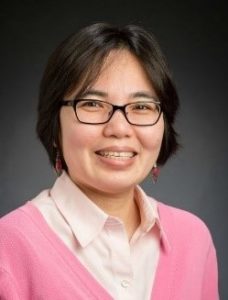 |
Thanh (Helen) Nguyen is currently an Associate Professor of environmental engineering and a faculty affiliate with the Institute for Genomic Biology at University of Illinois at Urbana-Champaign. Her research group focuses on waterborne pathogens for global water and food safety. Besides a number of projects based in the US, her group is conducting research in developing countries on human resilience to waterborne infectious disease outbreak related to extreme natural events. Her group has published on a wide range of topics related to human health impact of water reuse, food safety, and pathogens in drinking water distribution systems. |
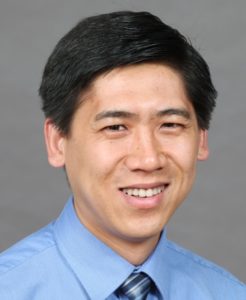 |
Zhiyong “Jason” Ren is an Associate Professor of Environmental Engineering at the University of Colorado Boulder, USA. His research group analyzes reaction mechanisms and develops technologies for energy and resource recovery during wastewater treatment, remediation, and water desalination processes. |
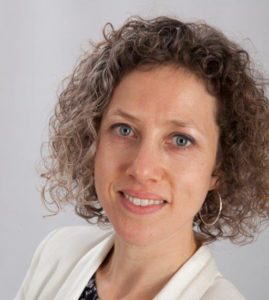 |
Eveline Volcke is a Professor at the University of Ghent, Belgium. Her research is focused on efficient and sustainable process design and control, applying a combination of physical-based modelling and experimental techniques. She has a specific expertise in bioconversion processes. Particular examples concern innovative biological nitrogen removal processes, greenhouse gas emissions from wastewater treatment processes, granular sludge reactors for compact wastewater treatment and anaerobic digestion. |
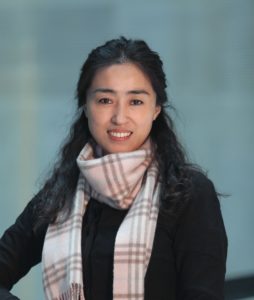 |
Aijie Wang is a Professor at the Research Center for Eco-Environmental Sciences, Chinese Academy of Sciences (CAS), and Professor at the Harbin Institute of Technology, P.R. China. She is the Deputy Director of the National Engineering Laboratory for Industrial Wastewater Treatment, and Head of CAS Key Laboratory for Environmental Biotechnology. Her research interests cover water pollution control and resource recovery, which includes bio-based technology for heavily polluted industrial wastewater treatment, polluted aquatic environment bioremediation, and resources/bioenergy recovery from waste (water)/biosolids. |
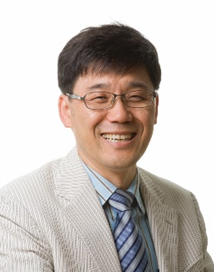 |
Jeyong Yoon is a professor in School of Chemical and Biological Engineering College of Engineering at Seoul National University, Korea . He is a president of the Academic Society for Appropriate Technology. His research group studies convergence technology (CDI desalination, Electrochemical resource recovery, Electrode development for oxidant generation, Appropriate technology for safe water) focused on environmental engineering based on electrochemical technology and energy technology to solve global water and energy problem. |
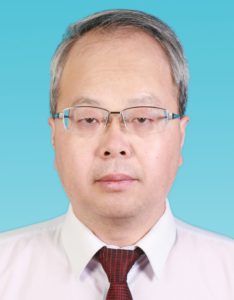 |
Han-Qing Yu is a Professor in the School of Chemistry and Materials Science at the University of Science and Technology of China. His main research interests include biological wastewater treatment, physicochemical water and wastewater treatment. |
Also appointed but not pictured:
Kartik Chandran is an Assistant Professor at Columbia University in the City of New York, USA. His research interests include the environmental applications of microbiology and biotechnology such as re-engineering the global nitrogen cycle, sustainable sanitation, public health microbiology, water and wastewater treatment, bioenergetics (including biofuels) and biorefining.
Read some of the high-impact research published in Environmental Science: Water Research & Technology by our new Advisory Board members below:
Characterising and understanding the impact of microbial biofilms and the extracellular polymeric substance (EPS) matrix in drinking water distribution systems
Katherine E. Fish, A. Mark Osborn and Joby Boxall
Electrochemical technologies for wastewater treatment and resource reclamation
Yujie Feng, Lisha Yang, Junfeng Liu and Bruce E. Logan
Water quality and filter performance of nutrient-, oxidant- and media-enhanced drinking water biofilters
Amina K. Stoddart and Graham A. Gagnon
The consumptive water footprint of electricity and heat: a global assessment
Mesfin M. Mekonnen, P. W. Gerbens-Leenes and Arjen Y. Hoekstra
A conductive wood membrane anode improves effluent quality of microbial fuel cells
Zhe Huang, Amy Gong, Dianxun Hou, Liangbing Hu and Zhiyong Jason Ren


